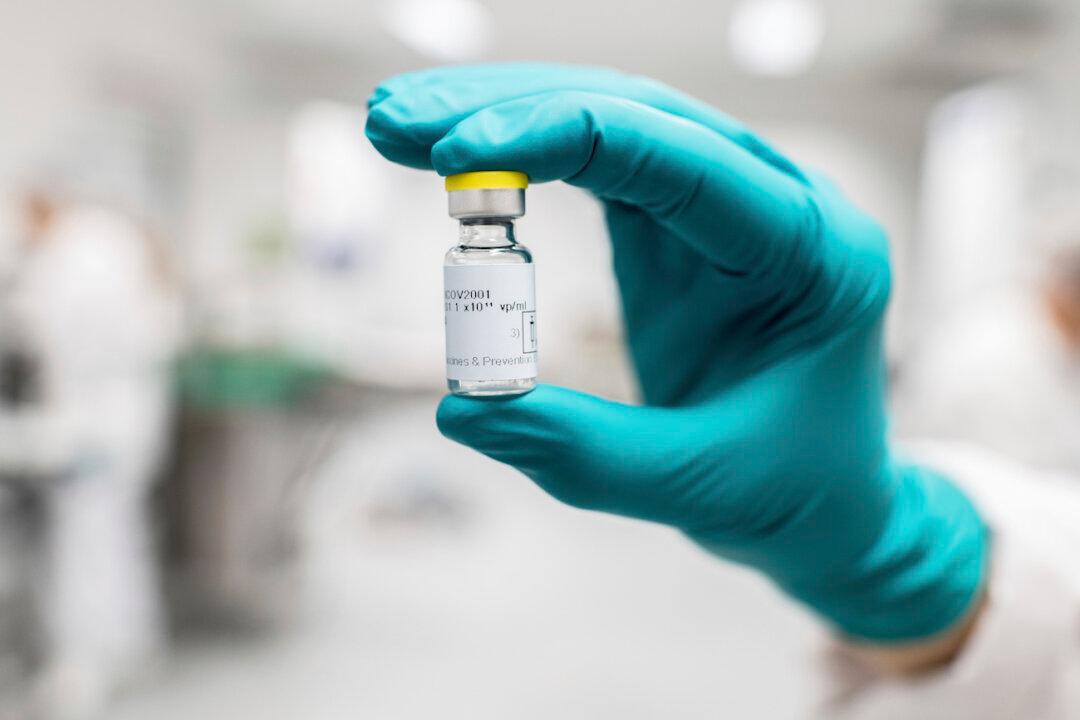Johnson & Johnson asked U.S. regulators Thursday to clear the world’s first single-dose COVID-19 vaccine, an easier-to-use option that could boost scarce supplies.
J&J’s vaccine was safe and offered strong protection against moderate to severe COVID-19, according to preliminary results from a massive international study.





